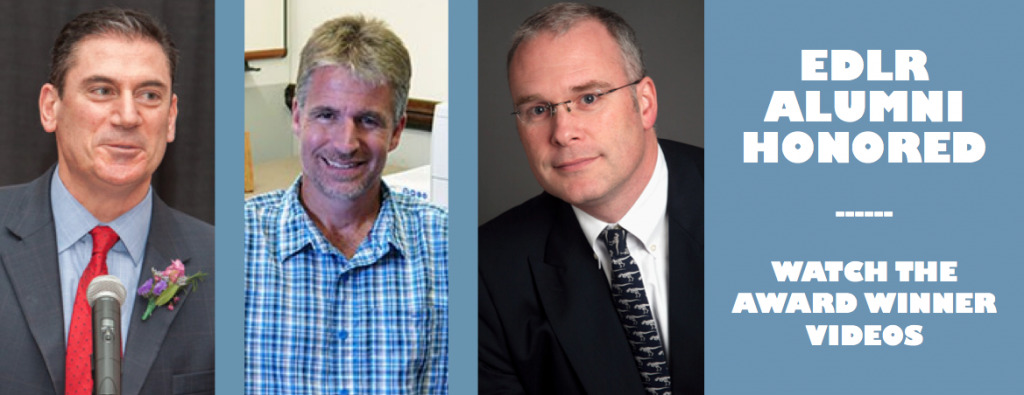UConn Launching New Online Graduate Certificate in School Law
by: Cindy Wolfe Boynton
UConn’s Neag School of Education is launching an online graduate certificate in School Law, beginning in the spring of 2015. The 12-credit program is designed to help educators, administrators, policy makers and parents gain the expertise needed to cut through confusing “legalese” and better understand the legal dimensions of K-12 education. Participants will gain the knowledge needed to make decisions that are both legally and educationally sound, as well as to ensure that classroom, school and district educational practices comply with state and federal regulations.
How to interpret and apply special education laws, and effectively advocate for students with disabilities, will also be covered, said Assistant Professor Allison Lombardi, Ph.D., who will teach program classes with lead instructor Professor Preston Green, J.D., Ed.D. Lessening educators’ and administrators’ fear of litigation will also be addressed.
“Surveys suggest that educators often avoid taking actions that they believe are educationally sound to avoid litigation,” Green said. “Noted educational law professor Sarah Redfield also observes that educators often make wrong educational decisions to avoid litigation, when a ‘right’ one would also be legally justifiable.”
“One of the things we want to show educators is that, in many cases, they have a great deal of legal latitude in making educational decisions—more than they are aware of. We’re excited about this program, and the fact that it’s online, because it will provide students with timely training that they can access in a flexible manner,” he continued. “Educational administrators, teachers, psychologists, counselors and policymakers can all benefit from enrolling.”
The curriculum consists of four three-credit online courses offered during the fall, spring and summer semesters. Courses offered this spring 2015 semester, include Legal Issues in School Employment andLegal Issues in Student and Parent Rights.
Legal Issues in School Employment will examine matters related to employment in K-12 education, such as tenure, employment discrimination, due process and collective bargaining. Modules will include certification and licensure, tenure, employees’ speech rights, privacy, due process, employment discrimination and collective bargaining.
Legal Issues in Student and Parent Rights will examine topics as diverse as search and seizure, student discipline, speech and religion, and homeless children. Modules include an introduction to educational law, religion, expression and association, search and seizure, school attendance (including rights of homeless children), instructional program, due process, tort liability, defamation and student records.
“Every day, school leaders and teachers face challenges related to understanding and adhering to state and federal education laws and regulations,” said Neag Associate Professor-in-Residence and Online Program Director Jae-Eun Joo, Ed.D. “This unique and important online learning opportunity will provide educators with both conceptual and procedural knowledge of school law that will help them make both legally and educationally sound decisions. Acceptable user policies for social media and cyber-bullying in the contexts of K-12 education will be among the many current and cutting-edge topics covered, which we believe will be very exciting.”
Students able to take more than one class a semester can complete the certificate in less than a year. Students can also take individual courses at a slower pace. For more information or to apply, visithttps://school-law.education.uconn.edu/ or contact Donna Campbell at 860-486-0184 or ecampus@uconn.edu.
